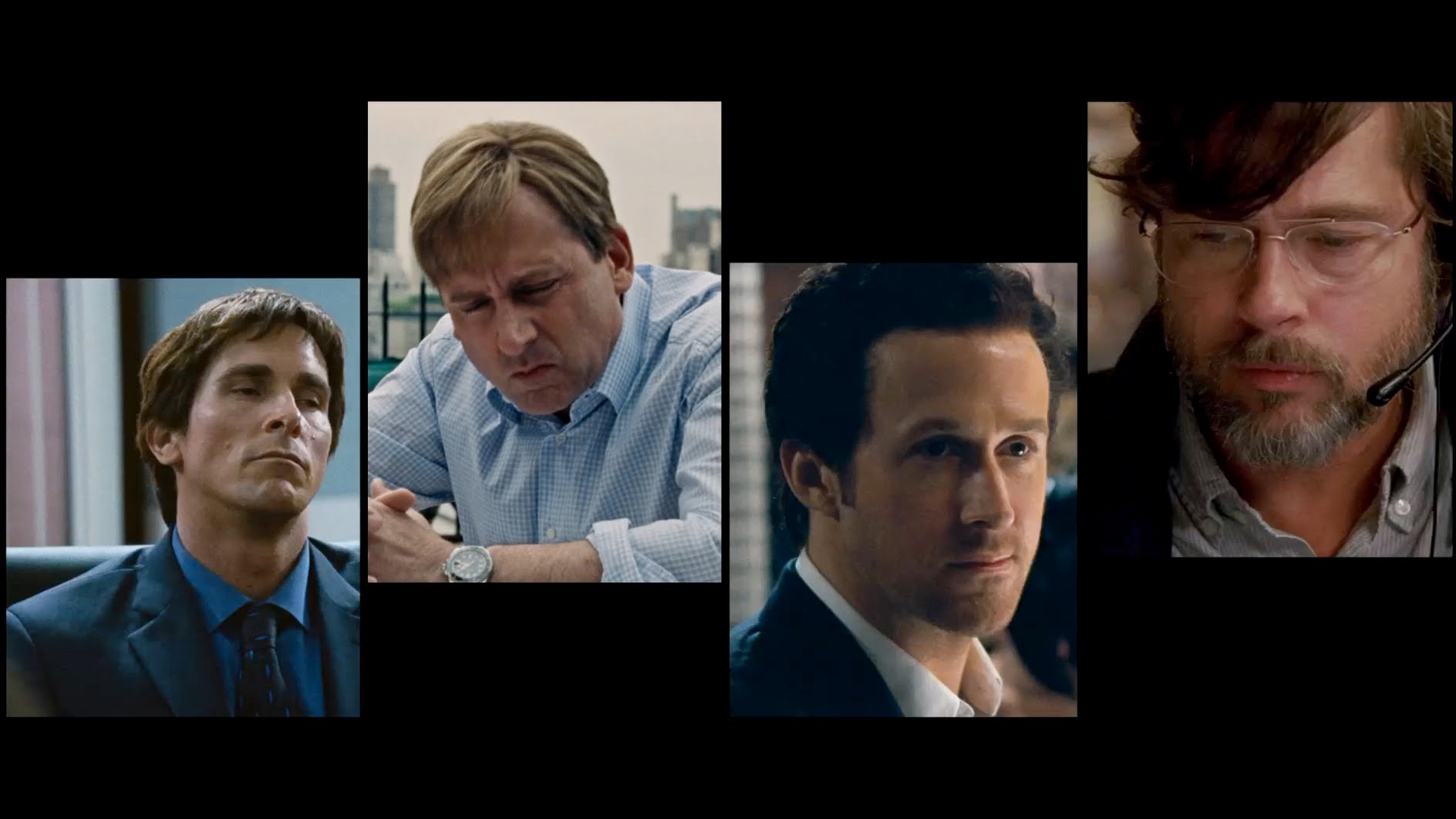In anticipation of the Academy Awards, we polled our contributors to see who they thought should win the Oscar. Once we had our winners, we asked various writers to make the case for our selection in each category. Here, Peter Sobczynski makes the case for the best adapted screenplay of 2015: “The Big Short” by Charles Randolph and Adam McKay. Two winners will be announced Monday through Thursday, ending in our choices for Best Director and Best Picture on Friday.
In his 2010 best-seller “The Big Short: Inside the Doomsday Machine,” Michael Lewis offered up a lucid and gripping examination of the causes for the 2008 meltdown and how a few keen observers who actually noticed the obvious warning signs were able to make millions while others were losing entire fortunes. Of course, sharply written financial journalism is not exactly the kind of thing that transfers from the page to the screen very well—with a book, anyone getting bogged down in the sometimes overwhelming mass of details can always flip back a few pages to go over the unclear points. But in adapting the book, co-writers Adam McKay & Charles Randolph managed to transform the complicated into the compelling.
As Stanley Kubrick did when he transformed the grim Cold War drama “Red Alert” into “Dr. Strangelove,” McKay & Randolph realized that by lacing the ostensibly serious story with comedy—ranging from the hilariously profane dialogue to the inspired decision to use familiar faces like Margot Robbie and Selena Gomez to pop up and explain the more complicated financial maneuvers—the story would not only go down easier but audiences would have a better chance of finally understanding what happened without having it dumbed down for them. The writers also remembered that for all the talk about numbers and credit swap defaults and the like, this story is ultimately about people, and they gave actors like Ryan Gosling, Christian Bale, Steve Carell and Brad Pitt some of the most nuanced characters they’ve played in their respective careers.
Finally, and perhaps the trickiest of all, the co-writers made sure to remind viewers that even as they were rooting for the characters to pull off their big gambles to play the system for millions and millions of dollars, their triumphs would come at the expense of the catastrophic ruin of countless people who didn’t see what was coming and lost nearly everything as a result. Some of the best moments in the film come from showing how our heroes shift from delight to despair as all of their grim predictions come hideously true. Thanks to McKay and Randolph’s efforts, “The Big Short” is simultaneously a savage comedy, a fascinating drama and a warning for us all to be vigilant so that such events can never happen again. Of course, as the title cards in the coda suggest, that warning may already be too late.












